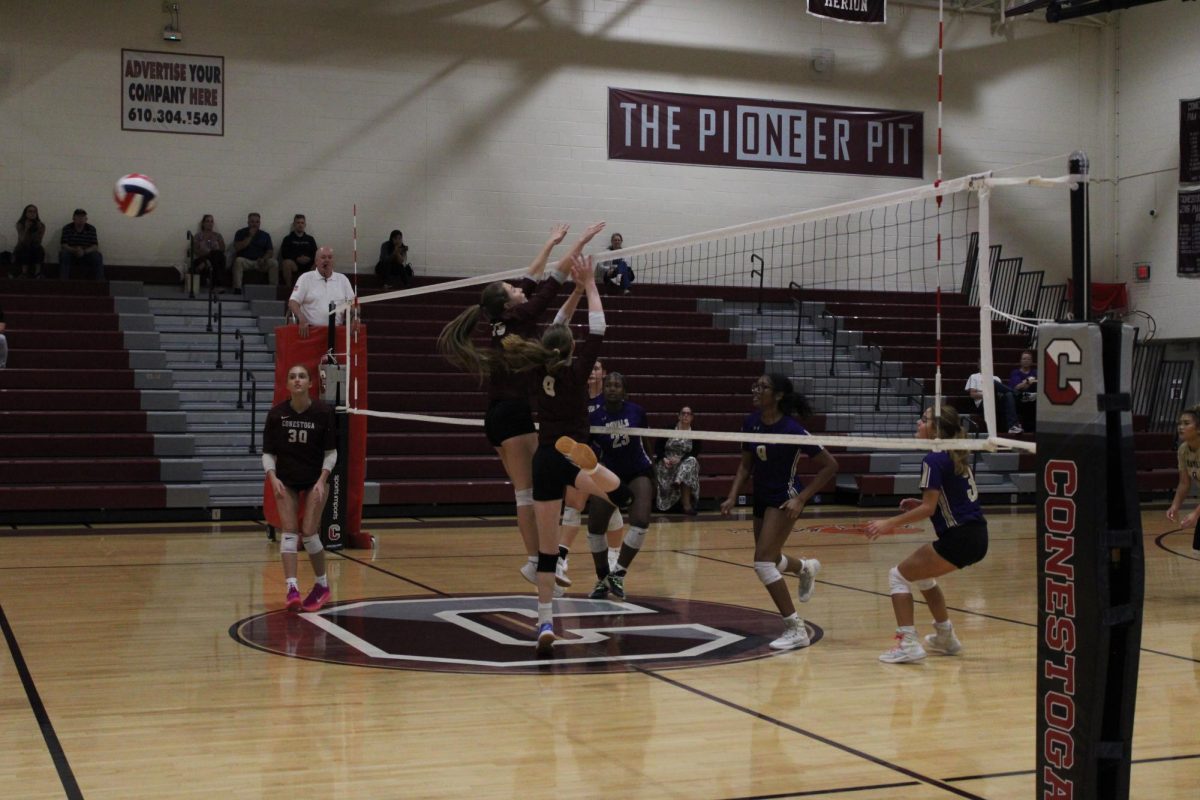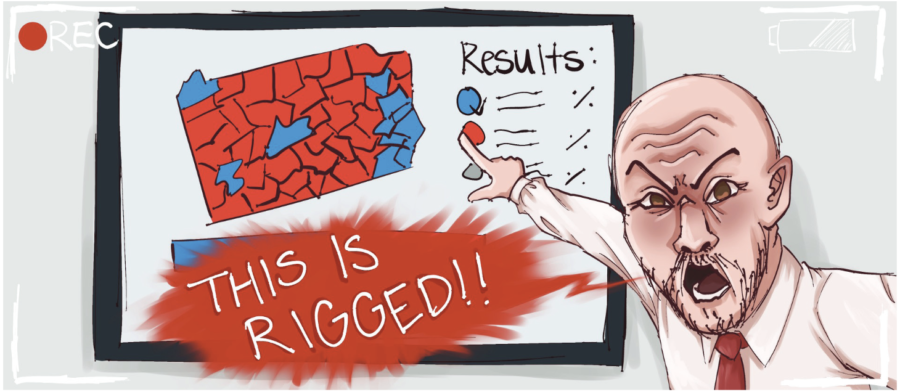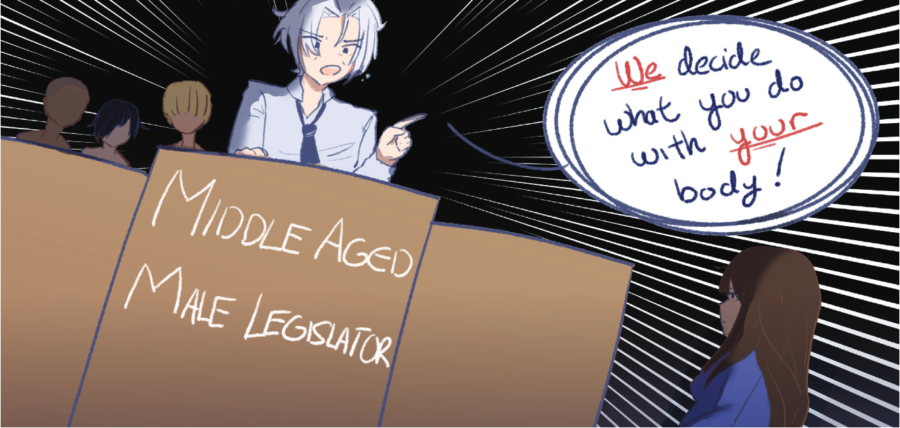The Spoke Editorial Board voted 16 in favor of this editorial, with 3 people abstaining.
The Pennsylvania public school funding system is broken. While the Philadelphia School District closed down buildings in February 2023 to manage lead and asbestos contamination, its neighbor in Lower Merion enjoyed five 3D printers, an endless array of classes and readily available mental health support from its staff.
This problem is an unfortunate reality of injustice in the Pennsylvania school system. A study commissioned by the General Assembly in 2005 found that Lower Merion spent $17,184 per student, despite needing only $12,211 per student to be adequately funded. Philadelphia School District, on the other hand, spent $9,947 per student, despite needing $14,141 to provide its student body with an adequate education.
Last month, the Commonwealth Court ruled this unequal distribution of funding unconstitutional, providing Pennsylvania with an unprecedented opportunity to remedy its history. Funding inequality only exacerbates racial opportunity gaps. According to nonprofit research group Research for Action, Pennsylvania has the second-largest racial opportunity gap in the country. Districts can allocate their resources to institute a quality education, rather than to fix problems related to basic health and infrastructure — like an infestation of lead poisoning.
This ruling is definitely a victory for underfunded schools — reallocating money can fix understaffed libraries, replace outdated textbooks and laptops, and equally distribute resources. Such changes will open up possibilities that can slowly bring underfunded districts up to speed.
So does this mean underfunded schools will no longer face many of these problems? Unfortunately, the solution is not that simple. Problems in Pennsylvania schools run deeper than just budgetary issues. They are related to systemic racism, generational trauma and an ongoing loop of poverty — things that cannot be fixed by only money.
According to a Philadelphia Inquirer article, much of the taught curriculum is based on the work of white educators such as Horace Mann and John Dewey rather than Black leaders like Carter G. Woodson. Many teachers are unaware of these unconscious biases and how they shape their attitudes and perspectives in the classroom.
On top of that, Judge Jubelirer, the judge who declared this spending unconstitutional, did not propose a solution to a complex problem. Many advocates and policymakers are unsure of how to fill the gap, but estimates predict about $4.6 billion will be needed.
Without a concrete source of income, it will be easy for the ruling to sit in Harrisburg, and for legislators to simply add it to their laundry list of bills to enact. It is even possible for state leaders to buy time to appeal the decision and make a clear-cut ruling on a bipartisan issue.
Therefore, while the ruling is a good first step to challenging the educational system in Pennsylvania, the government needs to take more action. A single ruling can not simply replace a system that is unfairly biased against lower-income communities. As the potential bill sits in Congress, we must accelerate its progress through lobbying, writing letters or contacting legislators. It is critical that our leaders do not postpone the issue by waiting for appeals, as we risk losing a generation of students if Congress decides to stall.
By advocating for equal education for all, we don’t only combat an educational issue, we also fight for equal opportunity, fairness and justice. Let’s show the children in Pennsylvania we believe in them, as they are our prospects for the future.






















































































